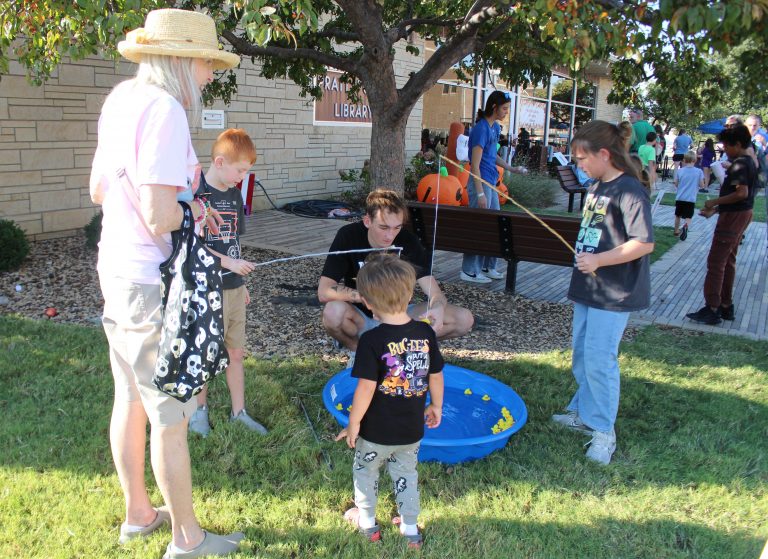By Rev. Billie Blair
Retired United Methodist clergy
Special to the Tribune
Thinking of Jesus as a protester may be a new idea for some. Throughout the Gospels – pick a gospel, any gospel – it is possible to see Jesus was a protester. Therefore, all those who follow Christ today have protesting in their” spiritual DNA.”
The term protester can bring up strong opinions, depending on the context of the conversation. The word can invoke irritation, annoyance, even anger. Protesting can be used for unpleasant purposes, meant to motivate hate, anger, violence, and vengeance.
To be a Christian protester is the opposite of being apathetic, callous, complicit, irritating, or passive.
Sometimes Jesus protested quietly; other times he was provocative and even publicly disruptive. His protesting caught the attention of those in power, both politically and in the religious realm.
Throughout the New Testament, Jesus purposefully intervened in various situations in order to dissent, demonstrate, object, question, defend, revolt, and challenge.
Jesus stormed into the temple courts (John 2:13-17), interrupting the workings of the moneychangers. He overturned tables and drove people out, even using a whip – because Jesus was a protester.
Jesus boldly spoke in the synagogue (Luke 4:16-19), proclaiming things countercultural and radical, like God’s Spirit was on him, he was anointed bring good news to the poor, he was to release prisoners, and give sight to the blind. He was to free the oppressed and to announce the year of God’s favor. His words were so inflammatory that a mob eventually chased him with the intent to kill him – because Jesus was a protester.
Jesus went throughout Galilee (Matthew 4:23-25), teaching in the synagogues, proclaiming the good news of the kingdom, curing diseases among the people. His fame spread and people brought others afflicted with epilepsy and paralysis. Jesus cured them. Great crowds followed him all around the area. He created a movement based on justice, hope and love – because Jesus was a protester.
A paralyzed man was brought to Jesus (Mark 2:1-12), lowered through the roof. When Jesus saw the faith of his friends, he told the paralytic his sins were forgiven. Scribes, sitting nearby, questioned how Jesus could forgive sins. That was blasphemy. Jesus confronted them and, proving his authority, he commanded the man to stand up, gather his mat and go home. He confronted leaders about their wrong practices, evil thoughts, and destructive deeds – because Jesus was a protester.
Jesus asked people to follow him and join his cause – because Jesus was a protester.
At least twice, Jesus healed on the Sabbath. He healed a man beside the pool called Beth-zatha (John 5:2-12) and he healed a man with a withered hand (Mark 3:1-6).. Jesus broke the religious expectations and laws of the day, to the point that the Pharisees started conspiring to destroy him – because Jesus was a protester.
In the Sermon on the Mount (Matthew 5-7), Jesus tried to change the social sentiment through talks, teachings, and speeches – because Jesus was a protester.
Jesus went to places he was not supposed to go and talked with people he was not supposed to talk to, like the Samaritan woman at the well (John 4) – because Jesus was a protester.
He stood before a mob that was ready to kill a woman caught in adultery (John 8), intervening on her behalf, saving her life – because Jesus was a protester.
Throughout his life, Jesus brought awareness of inequality, religious hypocrisy, political corruption, racism, hatred, segregation, and social injustice, though different words were used back then. And Jesus was mocked, ridiculed, abused, and intimidated because he dared to become a protester. Eventually, he was arrested and put on trial, then publicly humiliated and severely tortured.
It was in this context where his greatest protest happened: dying on the cross, where God in human form proved to the world that love trumps fear, grace trumps revenge, mercy trumps cruelty, generosity trumps selfishness, hope trumps negativity, and God trumps all.
Christians are called to be bold enough to speak out against, act against, protest against the same evils Jesus confronted. Sometimes the most Christ-like thing to do is protest.
Christianity is not about political power, military might, safety, wealth, control, fame or comfort. It is about doing as Christ did. It is true that the apostles after Jesus’ death were martyred for being protesters, like Jesus was. Following Jesus can be hard and end ugly.
Christians are protesters, simply by claiming the name of Jesus and living a life based on his teachings. It is in their spiritual DNA.




